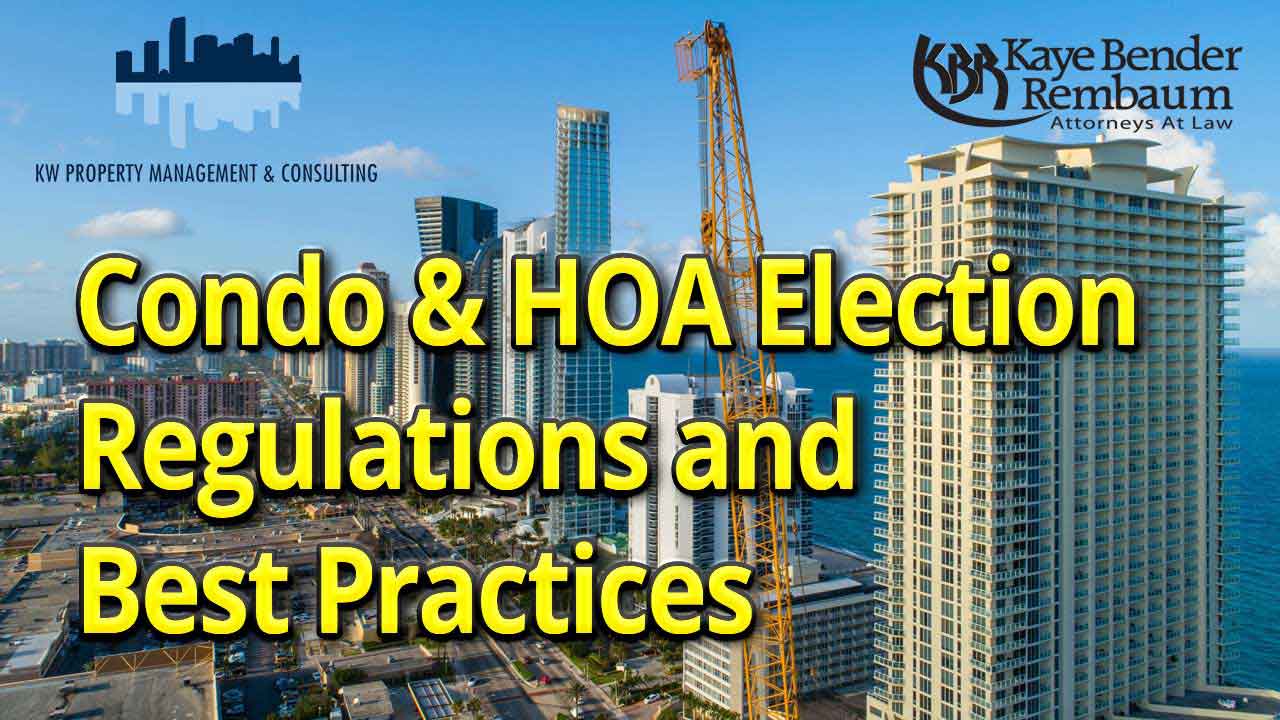The Florida court system has been described as complex and confusing to the layperson and, while there is no requirement that an individual be represented by counsel in court, the recent holding of the Third District Court of Appeal demonstrates the importance of having not only attorney representation in court proceedings, but competent representation in the area involved.
In the case of Lincoln Mews Condominium Association, Inc. v. Harris, Case No. 3D18-1379, May 1, 2019, the Appellate Court was asked to review a default judgment entered against the Condominium Association for over $500,000. In its decision, the Court reviewed the procedural history of the case and described it as “bizarre”!
The case was originally brought by an attorney, on behalf of a unit owner, Stephanie Harris, and, purportedly, the Association, against President of the Association personally, and the Association itself. According to the Appellate Court, the initial complaint contained claims that were not legally supported or even amounting to actual legal causes of action. Shortly after the case was filed, the attorney who filed the case withdrew from representing the unit owner.
Then, Ms. Harris, continued for a time without an attorney. On her own, she then filed two amended complaints, the first of which, among other odd things, dropped the Association as a party and, five days later, a second amended complaint was filed, attempting to re-add the Association back into the case, and which contained more what the Appellate court considered to be outlandish claims. Moreover, the new pleadings were not even properly served on the Association, as is required under court rules and procedures.
Some months later, Ms. Harris hired a new attorney, who filed a third amended complaint, adding other parties and, again, included the Association. Once again the Association was not properly served. This newest complaint contained even more of what the Appellate Court called “colorful” claims. Due to the failure to serve the Association with the third amended complaint, the Association did not respond to it. As a result of there being no response from the Association filed with the Court, the owner’s new attorney filed a motion for a default against the Association, which was ultimately granted by the lower court.
Subsequently, even though Ms. Harris failed to properly establish a legal basis for her claims or provide any evidence, the lower court judge entered an order against the Association for $500,000. The case then apparently sat dormant for some time.
Four years later, Ms. Harris hired yet another attorney (her third in this case) to pursue collection of the default judgment against the Association. She even attempted to have a receiver appointed over the entire condominium. Remarkably, even though the Association, which was finally made aware of the judgment against it and had filed appropriate pleadings to vacate the judgment, the lower court denied the Association motion to vacate the judgment, which resulted in the appeal to the Third DCA.
The Appellate Court correctly decided that by dropping the Association in the first amended complaint which Ms. Harris filed on her own, the court no longer had “personal” jurisdiction over the Association, which is required in order for a judgment to be entered against it. To add the Association back into the case, it had to be properly served, as if the case was brand new, which did not happen here. As a result, all subsequent proceedings against the Association were considered void.
It is gratifying that the Appellate Court in this case was able to get through all of the filings, which it also characterized as a “strange and protracted record”, and to make this proper procedural ruling. The Appellate Court even recognized the injustice that had been created against this Association.
However, there is no guaranty that this decision will provide protection to an unwary association that finds itself caught up in the court system by an overly zealous unit owner. It is a recommended business practice for associations to have its counsel periodically check local court records to see if the association has been named in a law suit of which it might not otherwise be aware. The local courts have website access available for this purpose. It is also recommended to have its counsel be listed as the Registered Agent of the association to ensure that when the attorney, as Registered Agent for the association, so that any new litigation, properly served on the association is timely addressed to best protect the interests of the association.



